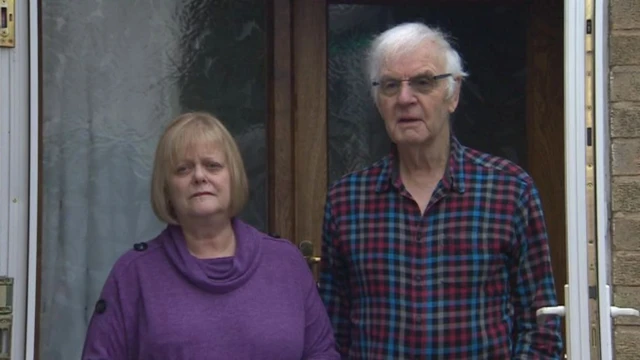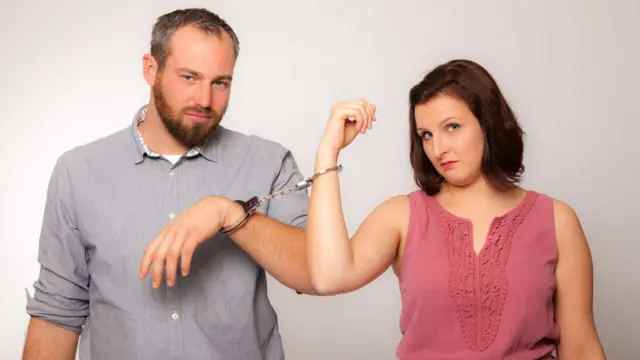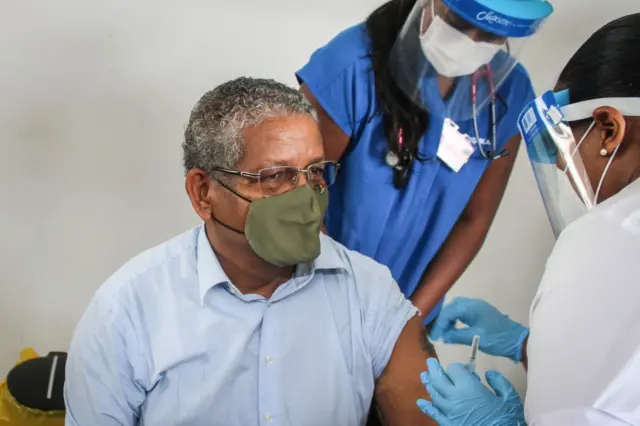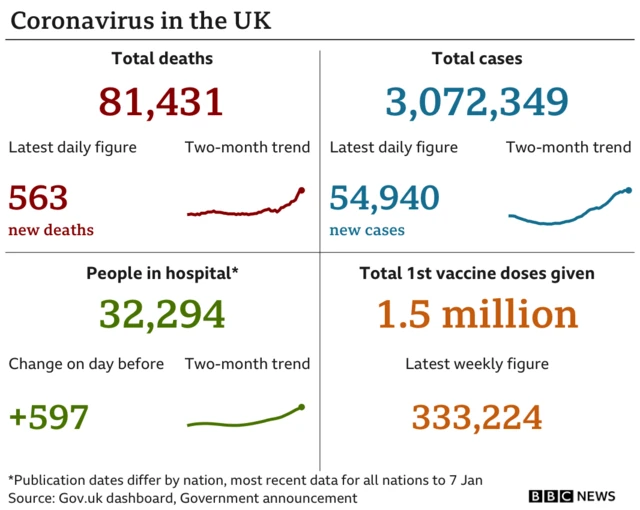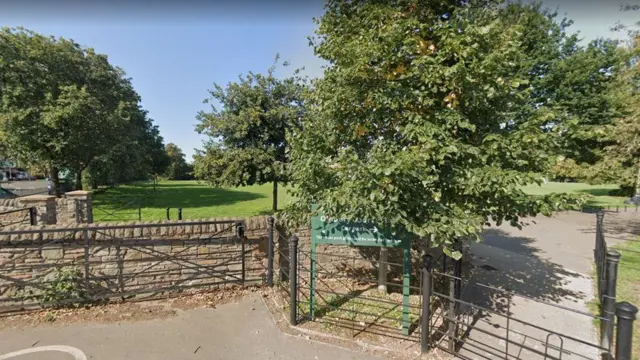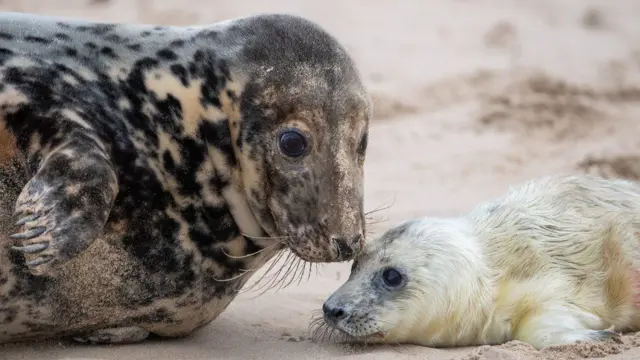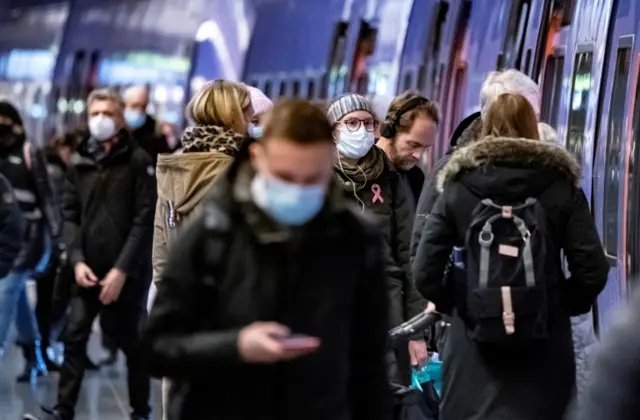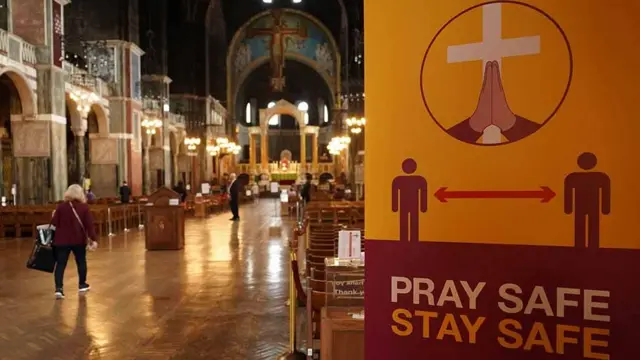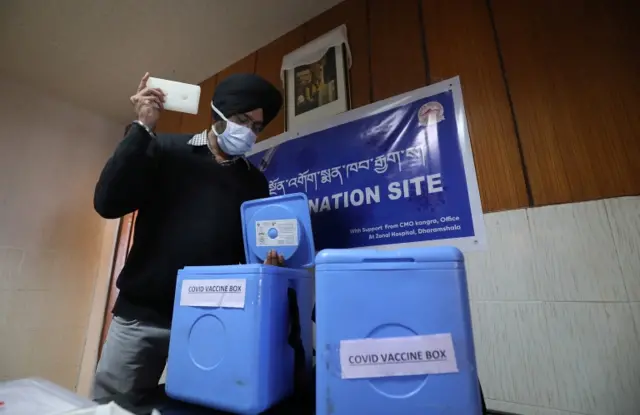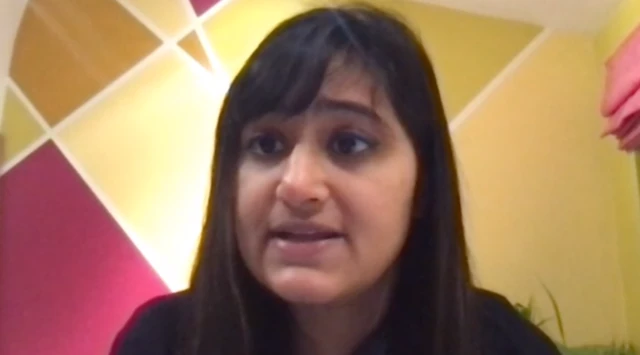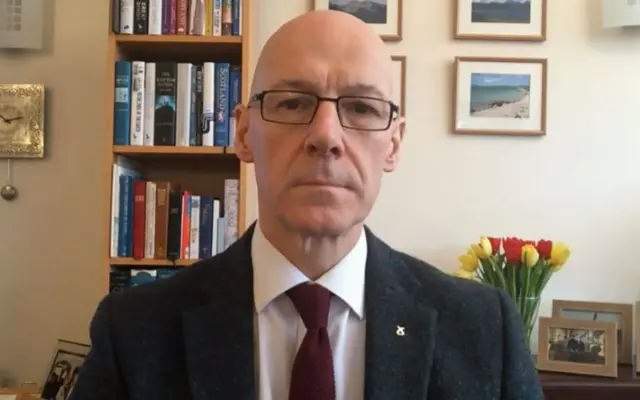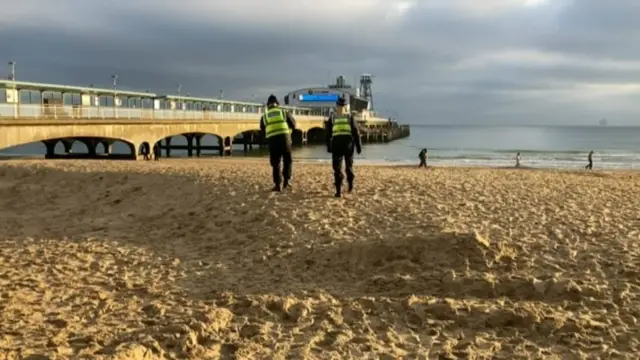What happened today?published at 16:55 GMT 10 January 2021
We're going to be wrapping up the live page shortly so here's a reminder of some of the stories we've covered today:
- Every adult will be offered a coronavirus vaccine by autumn, Matt Hancock says
- Regular, rapid tests for people without symptoms of Covid-19 will be made available across England from this week
- As India prepares vaccinate 300 million of its citizens by July, as well as contributing to the global supply of vaccines, we ask can it meet the demand?
- And in happier news, a nurse who lived in a caravan for nine months to protect her mother from Covid has moved back home
Many thanks for joining us today. Updates were brought to you by Becky Morton, Claire Heald, Jennifer Meierhans, Julian Joyce and Penny Spiller.
